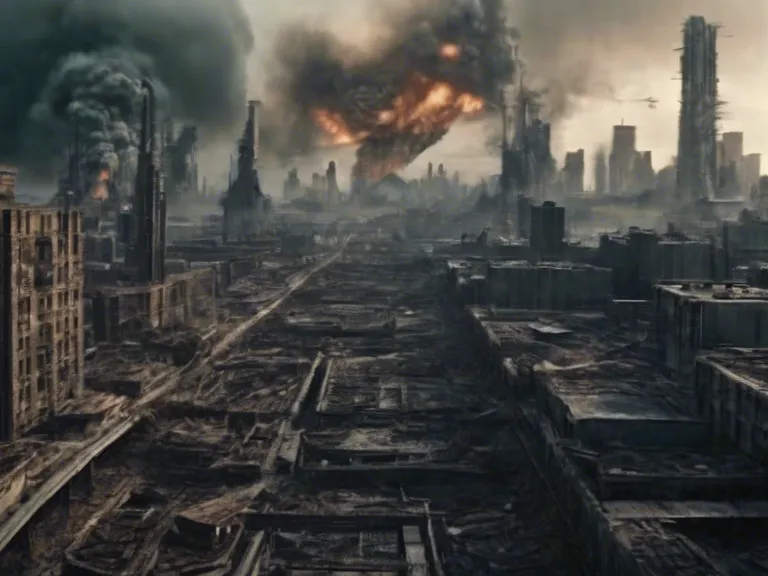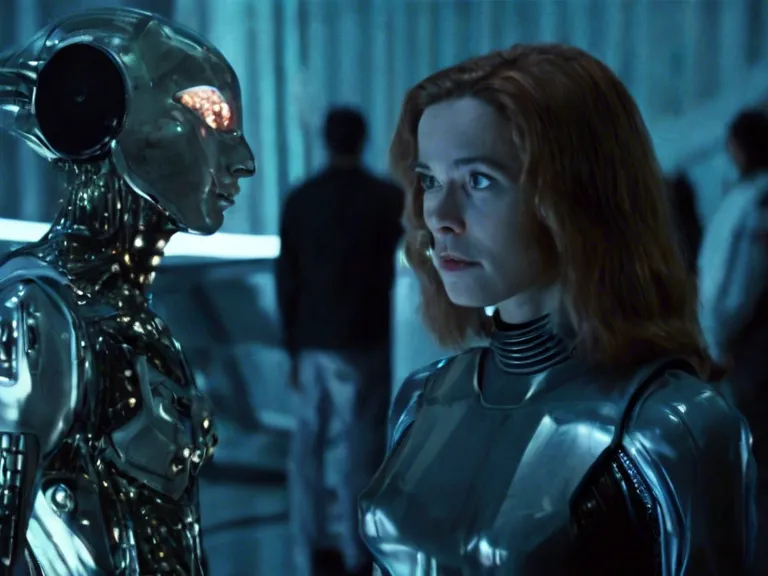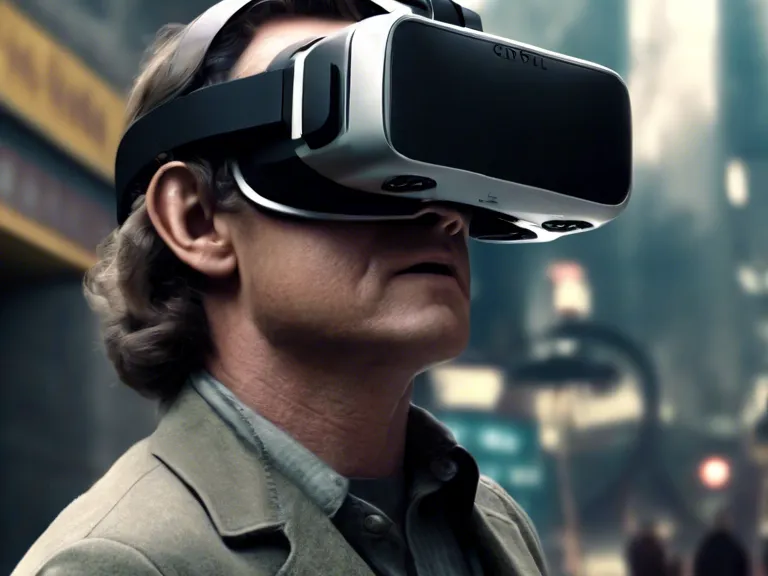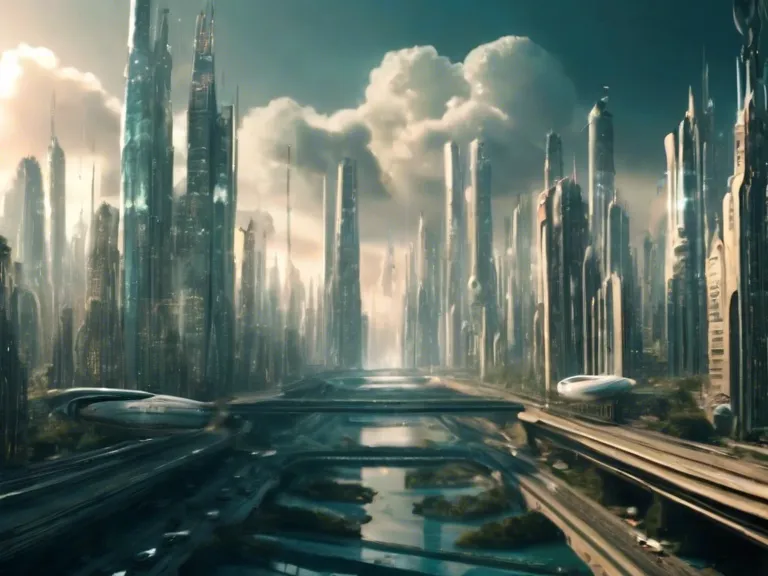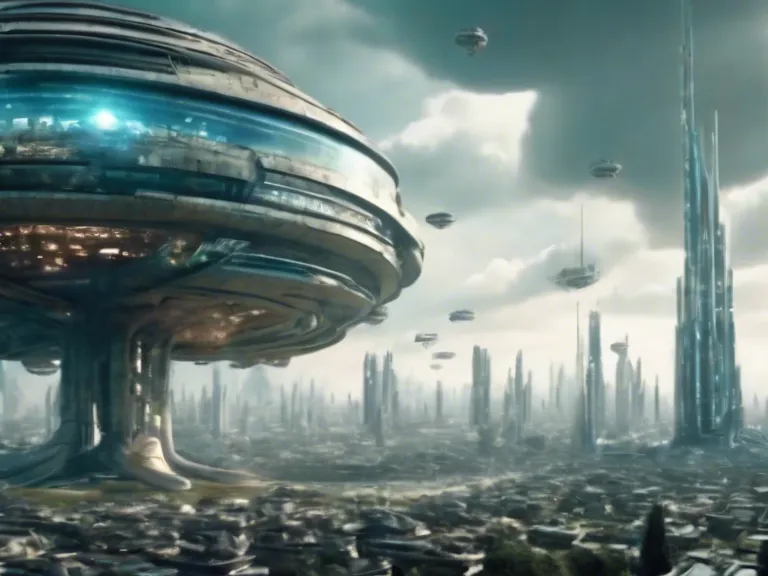
In the realm of cinema, the exploration of future societies often takes center stage in various forms - from utopian visions of harmonious, ideal worlds to dystopian nightmares filled with chaos and despair. Through the lens of filmmakers, audiences are taken on thought-provoking journeys that delve into the possibilities and consequences of societal evolution.
Utopian societies are characterized by harmony, peace, and prosperity. These worlds are often depicted as technologically advanced, environmentally sustainable, and socially equitable. Films like "Star Trek" portray a future where humanity has overcome its differences and unified to explore the vast reaches of space. Utopias offer a glimpse into a world where humanity has solved its most pressing issues and achieved a state of collective well-being.
Conversely, dystopian societies paint a bleak picture of the future, highlighting the consequences of unchecked greed, power, and technological advancement. Movies like "Blade Runner" or "The Hunger Games" depict worlds ravaged by war, environmental destruction, and social inequality. Dystopias serve as cautionary tales, warning us of the potential pitfalls of our current trajectory and urging us to make changes before it's too late.
Both utopias and dystopias hold up a mirror to our own society, challenging us to consider the choices we make and the paths we are headed down. These cinematic explorations of future societies force us to confront uncomfortable truths about the world we live in and inspire us to imagine a better, or potentially worse, future for humanity.
